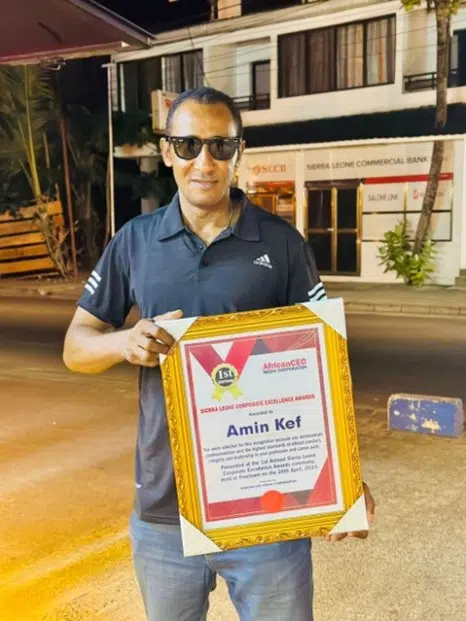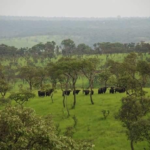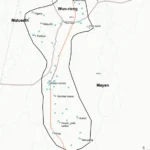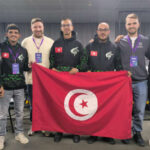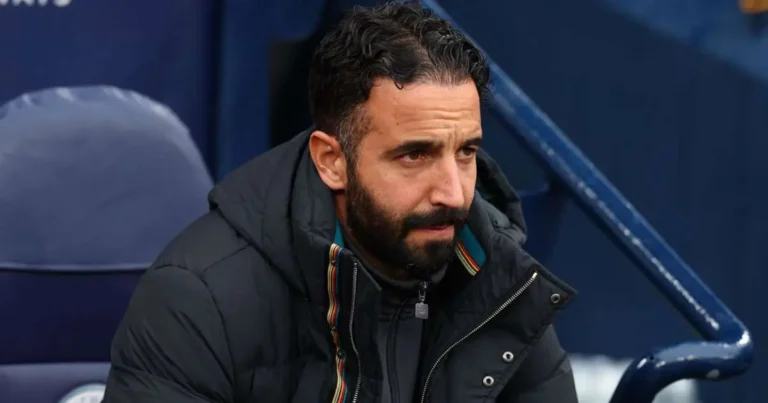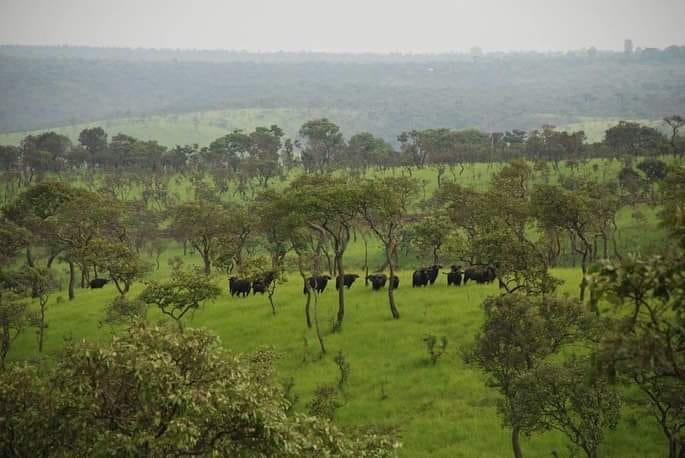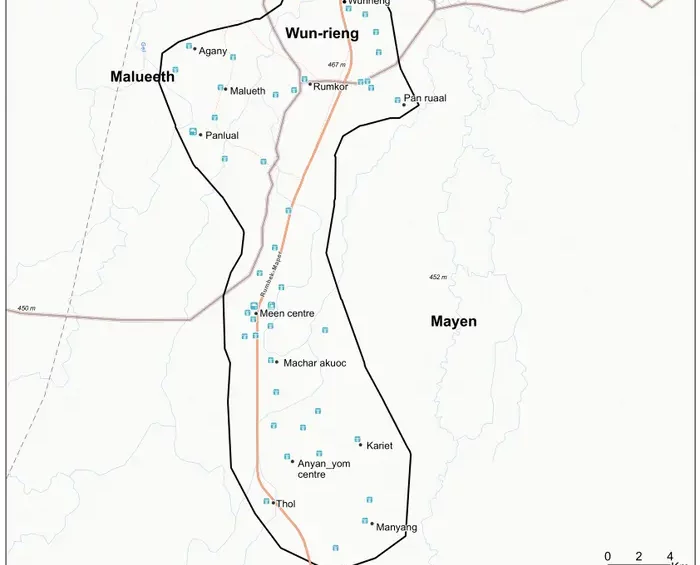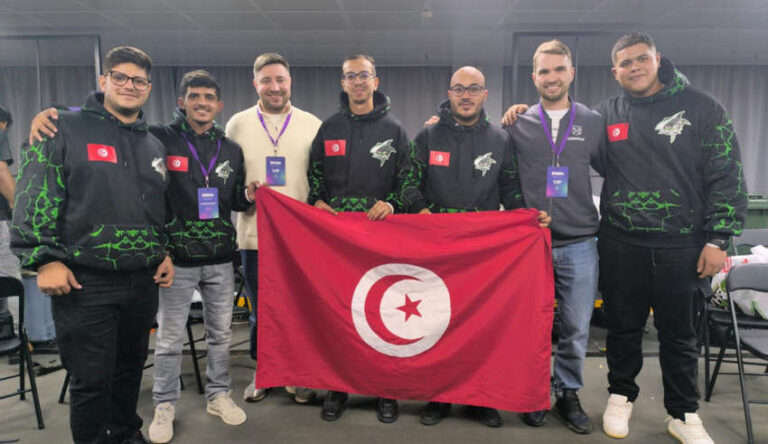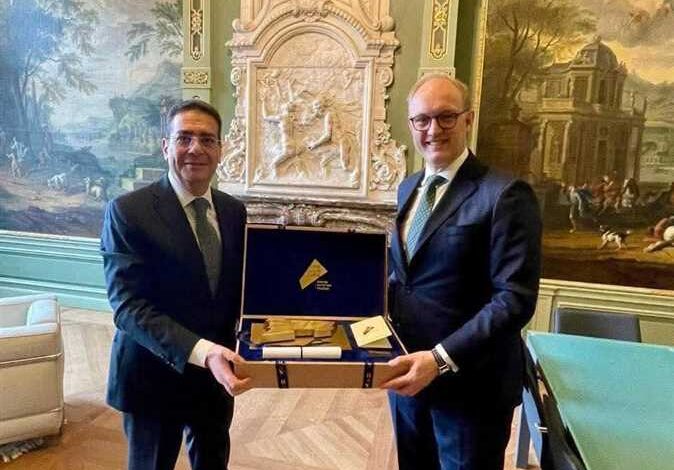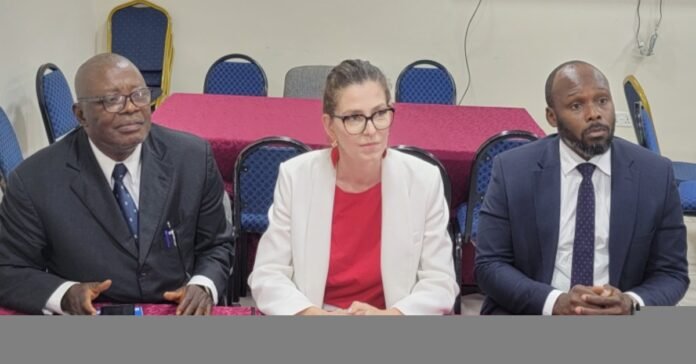
By Foday Moriba Conteh
Health Alert Sierra Leone has successfully convened a series of high-level engagements with representatives from GAVI, the Vaccine Alliance, the Expanded Programme on Immunization (EPI) and key media stakeholders to strengthen the country’s immunization efforts and assess progress under GAVI’s joint monitoring and appraisal visit. The events, held at the Brookfields Hotel in Freetown from October 8–14, 2025, formed part of GAVI’s 6.0 Transition Dialogue Sessions, focusing on sustaining Sierra Leone’s immunization achievements and enhancing Government ownership.
Speaking during the main briefing, Maria Padkina, GAVI’s Senior Country Manager based in Geneva, Switzerland, commended Sierra Leone’s remarkable strides in vaccination coverage, which currently exceeds 90 percent. She reaffirmed GAVI’s continued commitment to supporting the Government of Sierra Leone in its immunization agenda, emphasizing that the country’s long-standing partnership with GAVI, worth over $250 million to date, has significantly bolstered vaccine procurement, solar-powered cold chain systems and community-level outreach to zero-dose and under-immunized children.
“Sierra Leone has achieved impressive coverage rates. Our shared focus now is to sustain these gains and ensure that every child, no matter where they live, receives life-saving vaccines,” Maria Padkina stated. “While GAVI remains a strong partner, national ownership and domestic financing are essential to securing long-term sustainability, especially amid tightening global health funding.”
She further highlighted that immunization remains one of the most powerful public health investments globally yielding $54 in economic benefits for every $1 invested adding that “investing in vaccines is both a moral imperative and an economic necessity.”
Looking ahead, Maria Padkina announced that starting January 2026, GAVI will continue supporting Sierra Leone’s vaccine procurement and co-financing mechanisms alongside health system strengthening and cold chain infrastructure. However, she cautioned that direct cash-based support will gradually decline due to global funding constraints, urging greater Government leadership and smarter resource utilization.
She also commended the efforts of Civil Society Organizations like Health Alert Sierra Leone, describing them as “the bridge to communities” that help identify zero-dose children, raise public awareness and foster trust in immunization programs.
Maria Padkina shared that her recent site visits across Sierra Leone were among the most insightful moments of the appraisal, noting the resilience of local health workers delivering vaccines in remote and challenging environments. She emphasized that the next phase of Sierra Leone’s immunization journey must focus on reaching “the last mile” children living in nomadic settlements, slums and hard-to-reach rural areas.
In his statement, Dr. Desmond Maada Kangbai, Programme Manager for the Expanded Programme on Immunization (EPI), reaffirmed the Government’s leadership in achieving consistent 90 percent coverage over the years. He attributed this success to strong institutional leadership, increased investment and dedicated frontline health workers.
“Immunisation remains one of the most cost-effective public health interventions,” Dr Desmond Maada Kangbai said. “It has drastically reduced maternal and infant mortality in Sierra Leone by preventing diseases such as measles, pneumonia and diarrhoea.”
Dr Desmond Maada Kangbai disclosed that the Government continues to meet its vaccine co-financing obligations and plans to establish a dedicated immunisation budget line by 2026, ensuring more predictable and sustainable funding for vaccine procurement and delivery. He also revealed that discussions are underway to explore pre-financing vaccine procurement over a two-year period to prevent stock-outs, with plans to include this in the 2027 national budget or a supplementary budget.
He praised GAVI’s support and the contributions of Civil Society Organisations such as Health Alert, adding that “the role of communities and media partners is crucial in promoting vaccination awareness and fighting misinformation.” He reiterated that about 98 percent of health facilities nationwide currently provide immunization services, reflecting the Government’s continued investment in human resources and healthcare infrastructure.
Speaking at a side event during the GAVI 6.0 Transition Dialogue Sessions, Victor Lansana Koroma, Executive Director of Health Alert Sierra Leone, reaffirmed the organization’s commitment to advancing sustainable and inclusive immunization campaigns. He underscored the importance of timely Government payments toward vaccine co-financing, cautioning that delays could risk vaccine stock-outs and disrupt delivery to vulnerable communities.
Victor Lansana Koroma noted that Health Alert will continue to play an active role in mobilizing communities, monitoring immunization progress and supporting Government efforts to achieve universal vaccine coverage. “Civil Society must remain a watchdog and partner in ensuring that every child is protected from preventable diseases,” he stated.
The dialogue also featured media briefings where Maria Padkina outlined GAVI’s collaborative framework with global partners including the World Health Organization (WHO), UNICEF, World Bank and the Bill & Melinda Gates Foundation, all of which play critical roles in strengthening primary healthcare systems and promoting universal health coverage.


